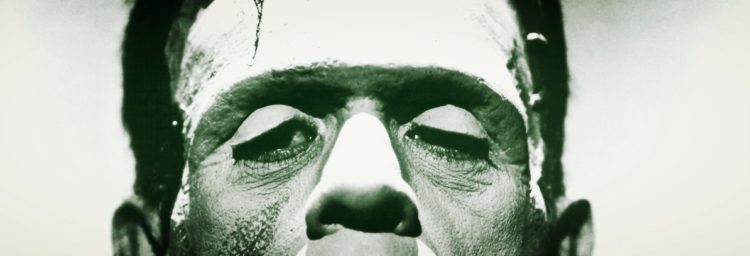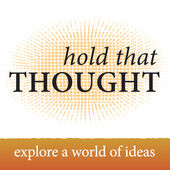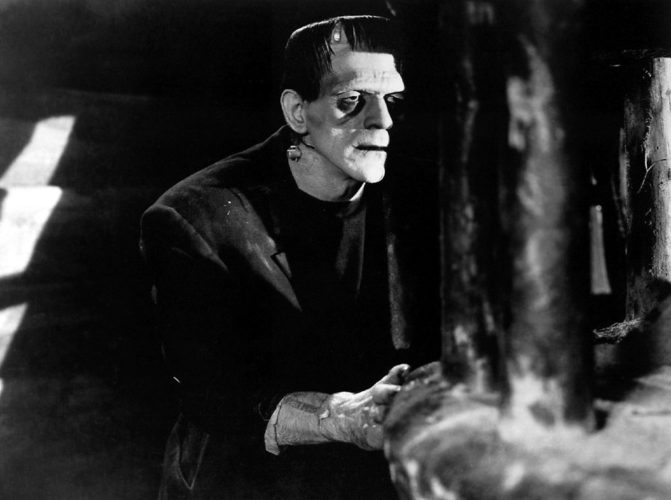The campus-wide bicentennial celebration of Mary Shelley’s classic, Frankenstein, provides the perfect backdrop for Halloween this year. This weekend the WashU Symphony Orchestra debuts student compositions inspired by Shelley’s book on Oct. 29. See below for details.
For a peek at Frankenstein-inspired illustrations and comic books, click on the video above. Thanks to popular horror films from Universal Studios and others, Frankenstein and his monster have had a pervasive influence on popular culture. The video features works belonging to WashU’s Modern Graphic Library collection. Link to related blog post.
Music for Frankenstein
At 7 p.m. Sunday, Oct. 29, the Washington University Symphony Orchestra will present three world-premiere student compositions inspired by Shelley’s book in the 560 Music Center’s E. Desmond Lee Concert Hall.
“North,” by Andrew Savino, is structured as a series of fragments, reflecting the disjointed memories that pass through the minds of both doctor and monster as they make their final Arctic journey.
“The dissonant effect in the strings at the beginning creates a wind-like mood, establishing the setting of being in a cold environment,” writes Savino, a junior studying computer science in the School of Engineering & Applied Science, in his composer’s statement. “From here, the main theme is heard, and warped through the rest of the piece.”
“Dialogue,” by Ethan Evans, a junior majoring in music and in international and area studies in Arts & Sciences, captures the interaction “between the piano and orchestra, between dark and light themes [and] between the colliding worlds of classical music and film scoring.”
“The Frankenstein Suite,” by sophomore Cole Reyes, who is majoring in music composition and in math in Arts & Sciences, consists of two movements. “The Creator” evokes “a tormented scientist deep inside his own thoughts,” while “The Monster” juxtaposes sweeping and aggressive harmonies to capture “the torment of intention versus reality.”
Rounding out the program will be “Tragic Overture” (1880) by Johannes Brahms; “Danse Macabre” (1874) by Camille Saint-Saëns; and Leopold Stokowski’s 1927 transcription of “Toccata and Fugue” (1703-07) in D minor by Johann Sebastian Bach.
The performance is free and open to the public and sponsored by the Department of Music in Arts & Sciences, in conjunction with the campuswide Frankenstein Project and the First Year Center’s Common Reading Program.
The 560 Music Center is located at 560 Trinity Ave. in University City. For more information, call 314-935-5566 or email daniels@wustl.edu.





 For more information, visit the
For more information, visit the 